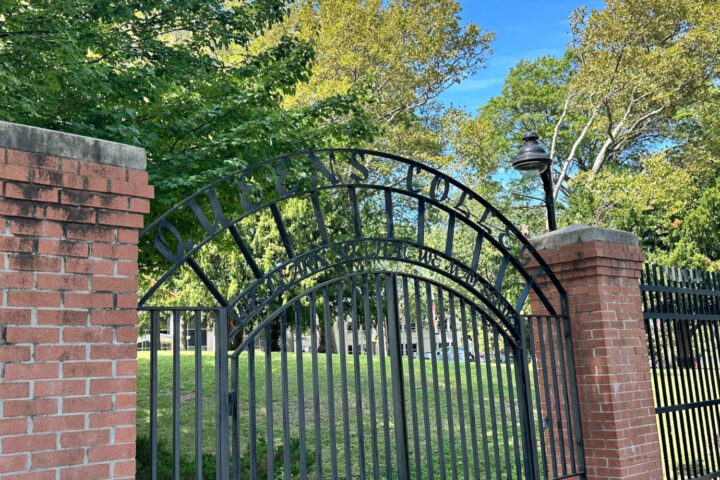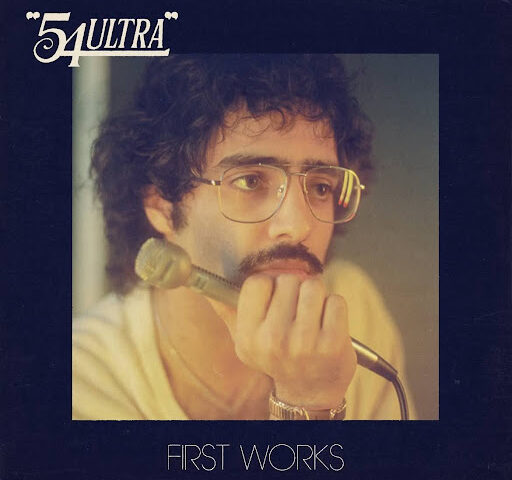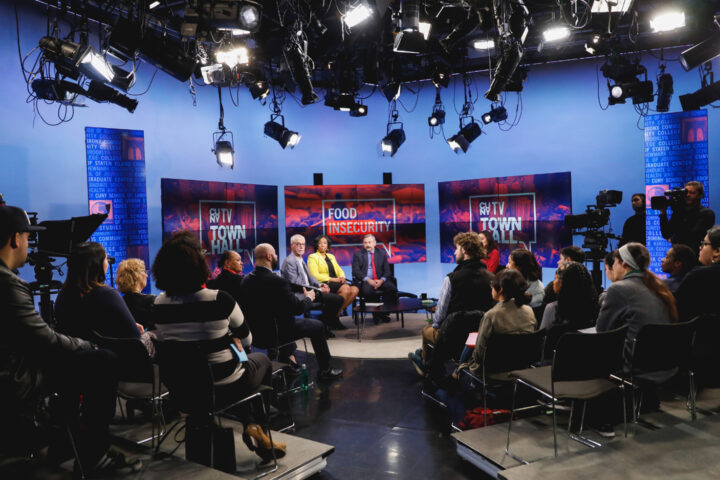The Board of Trustees of the City University of New York, despite continuous opposition from elected student leaders, is set to strip students of a fundamental right: the right to remain silent without the assumption of guilt during a campus disciplinary hearing. Article 15, also known as the “student due process” section of the CUNY Board of Trustees Bylaws, guarantees students this fundamental right and it is currently in the process of being revised. The proposed amendments are scheduled to be voted on at the December 1, 2014 Board meeting.
The leadership of the University Student Senate, the official representative body of all CUNY students, firmly supports preserving an accused student’s right to remain silent without assumption of guilt. Eliminating this right will negatively impact the due process protections afforded to students and could erode the balance and integrity of our disciplinary process.
There are two main reasons why an accused student would want to exercise their current right to remain silent during a disciplinary hearing. First, the accused student might be intimidated by the complexity of the disciplinary process and, as a result, feel uncomfortable providing testimony, regardless of whether the person is responsible for the alleged misconduct. The second reason, which could also substantiate the first reason, is that any statements provided by an accused student during a disciplinary hearing could be used in a non-campus hearing like a criminal trial.
Suppose a student is simultaneously facing disciplinary charges at their CUNY campus and criminal charges. On the one hand, the criminal court ensures a fair proceeding by preventing improper and unreliable evidence—like hearsay information—from being used against the student, requiring all statements to be given under oath and granting the student her or his or its Fifth Amendment right to remain silent without the assumption of guilt.
On the other hand, campus disciplinary procedures do not offer the first two protections and now the Board of Trustees is proposing to get rid of the other remaining protection and give the disciplinary committee the right to draw a negative inference from the silence of the accused. Because the academic career and reputation of the accused student could be determined by a disciplinary decision, accused students will be compelled to speak at these hearings. If they do speak, their testimony could then be used against them in a criminal trial. The university would thus be indirectly coercing students to undermine their Fifth Amendment right against self-incrimination.
In addition to the low protections, the burden of proof used during a disciplinary hearing is the lowest possible standard. Disciplinary committees are guided by standards that only require the committee to be at least 51 percent certain that an accused student is responsible for the alleged misconduct. The proposed Board amendment will tip the balance of fairness and compromise the already low burden of proof. The disciplinary committee will have the right to use the silence of the accused to further support the notion that they are guilty.
Therefore, an accused student facing serious charges and a possible suspension would have to decide whether to remain silent in order to protect themselves from possible criminal prosecution or choose to testify at the campus hearing in the interest of defending one’s self from suspension or expulsion.
Accused students facing this predicament will solely, and reasonably, focus on the potential threat of criminal prosecution and choose to remain silent. Students, however, may not realize the harsh implications a suspension on their academic and disciplinary records can have on their academic and career prospects. Students who are suspended from a college following a disciplinary hearing, but found not guilty by a criminal court, could still be precluded from continuing their education because many universities automatically bar applicants with a suspension on their records from being admitted.
In an age when a college degree is essential, wrongly suspended students could be deprived of a formal education and have their entire career jeopardized because of the faulty and unjust disciplinary system that would be created if the amendment is adopted. These consequences are quite troubling given the fact that CUNY has, and continues to serve, a majority student population with limited resources and access to higher education. For most students, CUNY remains the only hope for professional and economic advancement.
The current justifications provided by the Board of Trustees for the removal of the right are that the clause is an “incorrect statement of the law,” and that faculty and staff are not granted this right in their disciplinary process so neither should students. We, the students of CUNY, respectfully remind the University and Board of Trustees that the United States Constitution and laws of our state represent a floor and not a ceiling for individual rights. The Board of Trustees has the authority and discretion to afford students heightened and substantive due process.
We would also remind the Board of Trustees that the disciplinary process for accused faculty includes alternate methods of resolution such as arbitration and settlement, both of which are not available to accused students; furthermore, unlike students, faculty members are represented by a union and have greater access to legal resources.
The right to remain silent clause was first included in the CUNY Board of Trustees Bylaws in 1970. Removing the provision 44 years later will bring our disciplinary process to a perilous state. The University Student Senate, therefore, respectfully requests that the Board of Trustees effectuate fair and just disciplinary proceedings by scrupulously observing students’ due process rights and preserving a cornerstone of our disciplinary process—the right to remain silent without assumption of guilt.
Mr. Almonte currently serves as President of City Tech’s Student Government Association, Vice Chair for Legislative Affairs for the University Student Senate (USS), and has led the student committee charged with providing feedback on the proposed amendments to the bylaws. He is also the sole voting student member in the Board of Trustees Committee on Student Affairs and Special Programs. To view and sign the USS’s petition to preserve the right please visit: https://is.gd/article15













